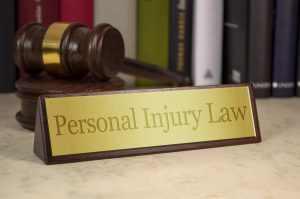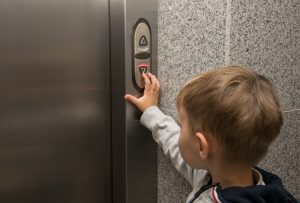What’s Included in the Free Consultation With a Naples Injury Lawyer?
 Taking legal action is sometimes the best strategy following a Florida injury in a car crash, slip-and-fall, or medical mistake. However, doing so is typically inadvisable without the aid of a Naples injury lawyer. The first step in that process may be something called a “free consultation.”
Taking legal action is sometimes the best strategy following a Florida injury in a car crash, slip-and-fall, or medical mistake. However, doing so is typically inadvisable without the aid of a Naples injury lawyer. The first step in that process may be something called a “free consultation.”
You may have heard the term, but how much insight/advice is actually included in that? What should you bring to it? What questions should you ask? If you schedule one, are you obligated to hire that lawyer/law firm? Will you actually speak with a lawyer of will the consultation be with a staff member?
The consultation is at no charge to you and a great opportunity for you to glean important information about your rights, what your case may be worth, the possible outcome, and how a lawyer might help you pursue damages. There is no obligation for you to hire that particular attorney during the consultation. In fact, it may be advisable to consult with more than one Naples injury lawyer before deciding which one you ultimately hire (if you hire one at all). It’s a risk-free way to gain a better understanding of your legal options and to make an educated choice about which attorney will be the best fit to help you do it.
Continue reading





 Florida Personal Injury Lawyer Blog
Florida Personal Injury Lawyer Blog



 Every Florida injury lawsuit is different, and the law is always evolving. That’s why when you ask any lawyer a seemingly straightforward question, you almost always get: “It depends.”
Every Florida injury lawsuit is different, and the law is always evolving. That’s why when you ask any lawyer a seemingly straightforward question, you almost always get: “It depends.” Florida product liability claims can be the subject of complex legal battles, often owing to the difficulty in establishing the chain of commerce.
Florida product liability claims can be the subject of complex legal battles, often owing to the difficulty in establishing the chain of commerce. When Florida personal injury lawyers take on a case, they’re frequently successful at negotiating a settlement – often before a lawsuit is necessary and long before the pre-trial or trial phase.
When Florida personal injury lawyers take on a case, they’re frequently successful at negotiating a settlement – often before a lawsuit is necessary and long before the pre-trial or trial phase. Food delivery services, such as Uber Eats, Grubhub, and DoorDash, have been doing booming business in recent years. The online food delivery industry is now generating
Food delivery services, such as Uber Eats, Grubhub, and DoorDash, have been doing booming business in recent years. The online food delivery industry is now generating  When it comes to civil litigation, there are many similarities and differences between Florida personal injury and wrongful death cases. As longtime South Florida injury attorneys, we will do our best to explain some of these – and why they matter.
When it comes to civil litigation, there are many similarities and differences between Florida personal injury and wrongful death cases. As longtime South Florida injury attorneys, we will do our best to explain some of these – and why they matter. In our many years practicing civil law, we have come to recognize there are many misconceptions surrounding Fort Myers personal injury claims. Some relate to the motivations of personal injury attorneys (no, we aren’t paid if we file frivolous claims that quickly get tossed). Others misconstrue how the processes works (no, you aren’t guaranteed a payout just because you were seriously hurt).
In our many years practicing civil law, we have come to recognize there are many misconceptions surrounding Fort Myers personal injury claims. Some relate to the motivations of personal injury attorneys (no, we aren’t paid if we file frivolous claims that quickly get tossed). Others misconstrue how the processes works (no, you aren’t guaranteed a payout just because you were seriously hurt). Florida has some of the best outdoor recreation the country has to offer, with
Florida has some of the best outdoor recreation the country has to offer, with  Dangerous home elevators in use at rental properties throughout Florida and across the country have sparked an urgent call from the
Dangerous home elevators in use at rental properties throughout Florida and across the country have sparked an urgent call from the 







